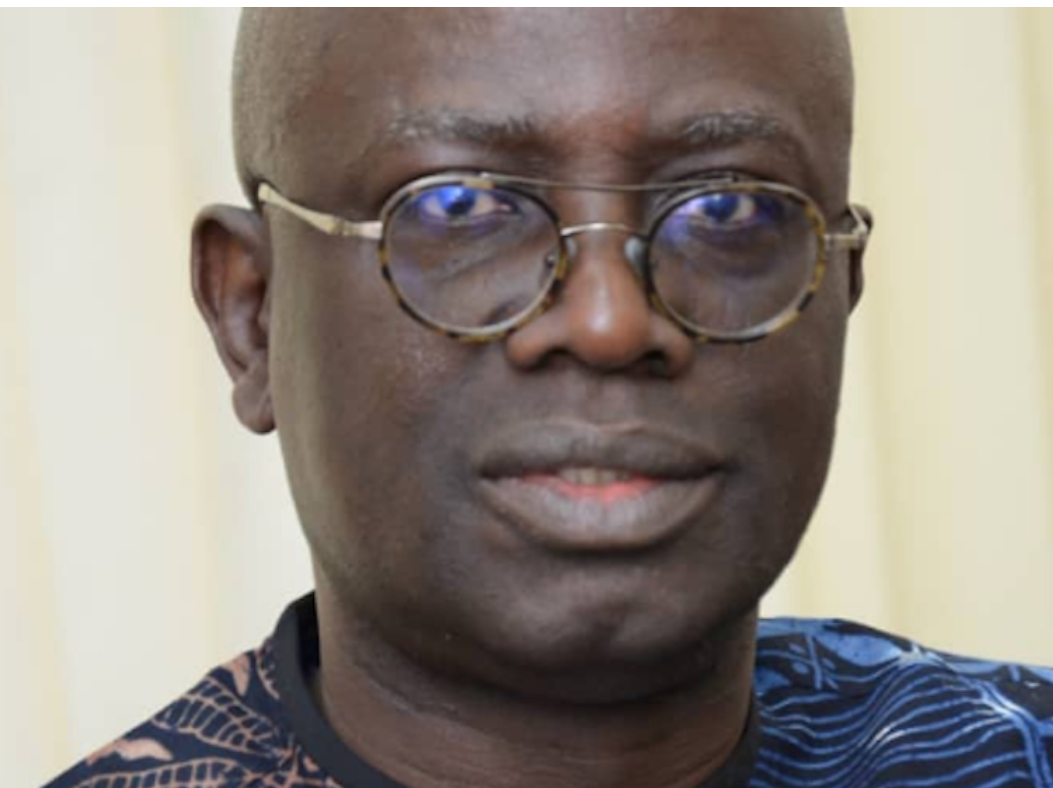A Nation That Disdains Knowledge|Olusegun Adeniyi
In 1979, the outgoing military administration of General Olusegun Obasanjo established the Nigerian National Merit Award (NNMA) to identify our country men and women (whether at home or in the Diaspora) who have made outstanding contributions to knowledge and creativity and grant them special recognition. The award is categorised under four fields of human endeavour: Science, Medicine, Engineering/Technology, and Humanities—including arts and culture. After a rigorous selection process, worthy candidates are awarded the Nigerian National Order of Merit (NNOM) with a certificate and cash prize by the President on the first Thursday in the month of December—although the cash prize has dwindled in value over the years.
From inception till date (46 years), the NNMA Governing Board has only conferred the prestigious NNOM award on a total of 79 Nigerians to demonstrate how exclusive it is. Past awardees include Professors Chinua Achebe, Idris Mohammed, Anya O. Anya, Akin Mabogunge, Umaru Balarabe, Niyi Osundare, Jacob Olupona, Barth Nnaji, Femi Osofisan, J.P. Clark, Ben Nwabueze, J.F. Ade-Ajayi as well as the late Mrs Ladi Kwali, Mr Bruce Onobrakpeya, and a few others who distinguished themselves in their chosen vocations outside the Ivory Towers. Interestingly, even though Nobel Laureate, Prof Wole Soyinka, delivered the first NNMA Winners’ lecture at the University of Lagos on 3 May 2012 titled, ‘Monumentalism and the Renaissance Dream: The Bane of Power Aesthetics’ and is recognised as an NNOM winner, there seems not to be a proper record of the year he was awarded.
Following the enactment of the NNMA Act in 1992 by the military administration of General Ibrahim Babangida, the cash prize was reviewed to N5 million for each recipient. With the exchange rate in 1992 standing at N9.91 to a dollar, that put the amount received by each awardee for that year at $500,000. But with a progressive decline in the value of the Naira, President Goodluck Jonathan jerked up the prize money for each recipient to N10 million in 2011. Since the exchange rate at that period was N148 to a dollar, an awardee still received an equivalent of about $68,000. Meanwhile, funds for the cash prize and other activities, including calls for nomination/application advertisement, quarterly award winner lectures, payment for internal and external assessors, an annual forum of NNOM laureates, etc. are included in the NNMA annual budget.
At the investiture dinner in honour of two NNOM Laureates in December 2017, then Vice President Yemi Osinbajo spoke on how the fame and glory of nations largely rely on the hard work, creativity and service of their best talents. “Consequently, any society that favours exigencies of any kind over merit has chosen to function at its sub-optimal level and greatness must, by the force of principle, elude it,” said Osinbajo. “High attainment, whether it be for individuals or nations, is a function of the priority given to merit.”
Unfortunately, the government Osinbajo served displayed a befuddling but not surprising disdain for merit by starving the NNMA of funds. But the current administration seems to have carried this contempt to a new level. In the 2024 budget, the NNMA received an allocation of N16 million (capital). It is from this ridiculous amount that the NNMA is expected to organize all its programmes and pay the prize money of N10 million that is now worth less than $7,000. To compound the challenge, the federal government is planning to merge the NNMA with the National Honours Awards. A bill to that effect is already before the National Assembly.
In a piece I wrote in 2012 titled ‘National Honours as Chieftaincy Titles’, I recalled what happened in 1996 when then Head of State, the late General Sani Abacha, was said to have been handed a list of nominees for National Honours for that year, for the approval of the Provisional Ruling Council (PRC) which he chaired. After going through the names, Abacha reportedly looked straight at the official who gave him the paper and remarked: “These are the Nigerians you think merit National Honours? More than half of the people on this list are crooks!” That year, no Nigerian was bestowed a national honour, and I really cannot recall if Abacha ever conferred any until he died two years later.
Therefore, merging the NNMA with National Honours is to subvert the entire idea. The NNMA is premised on the notion that sustained recognition of, and reward for, excellence, signals a nation’s appreciation for meritocracy, intellectual rigour and creativity. This is why the NNOM is the highest academic and intellectual award in the country, once likened to the Nobel Prize by President Jonathan. We know that the national honours award is secured by lobbying, cronyism and other unwholesome practices, while the NNOM comes with a rigorous selection process involving applications discreetly evaluated by eminent academic peers of integrity. How can the federal government put the two awards in the same pot?
I understand that the NNOM laureates (renowned professors who are mostly in their eighties and nineties) held a zoom meeting last week to lament how a noble idea to promote scholarship is being gradually bastardised in Nigeria. They have my sympathy. I just hope that President Bola Tinubu will not allow the NNOM to join the long list of Nigerian initiatives that have suffered egregious institutional degradation.
Credit:This day

